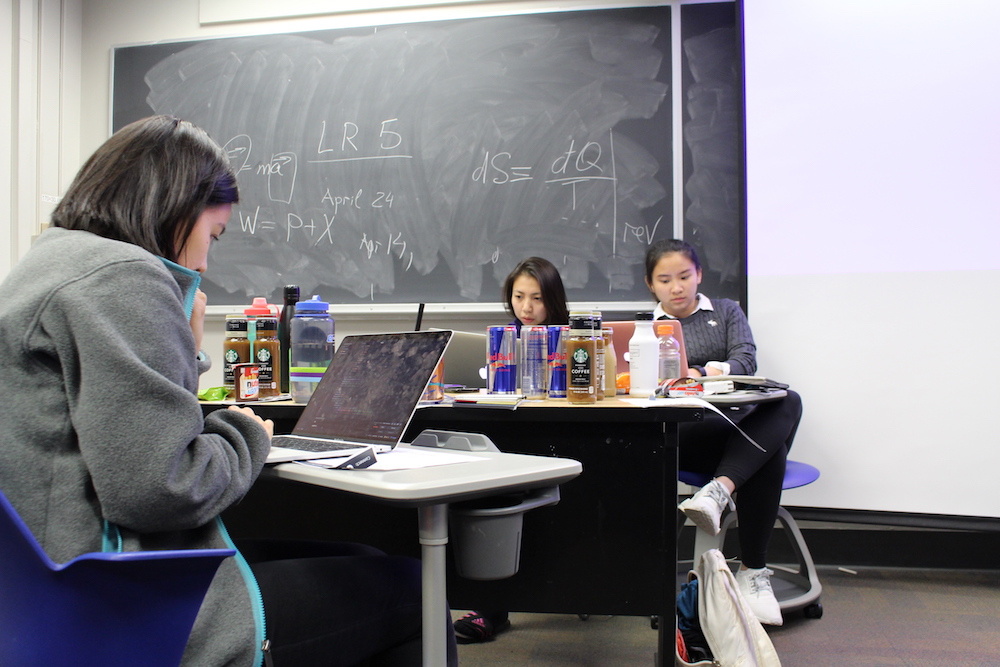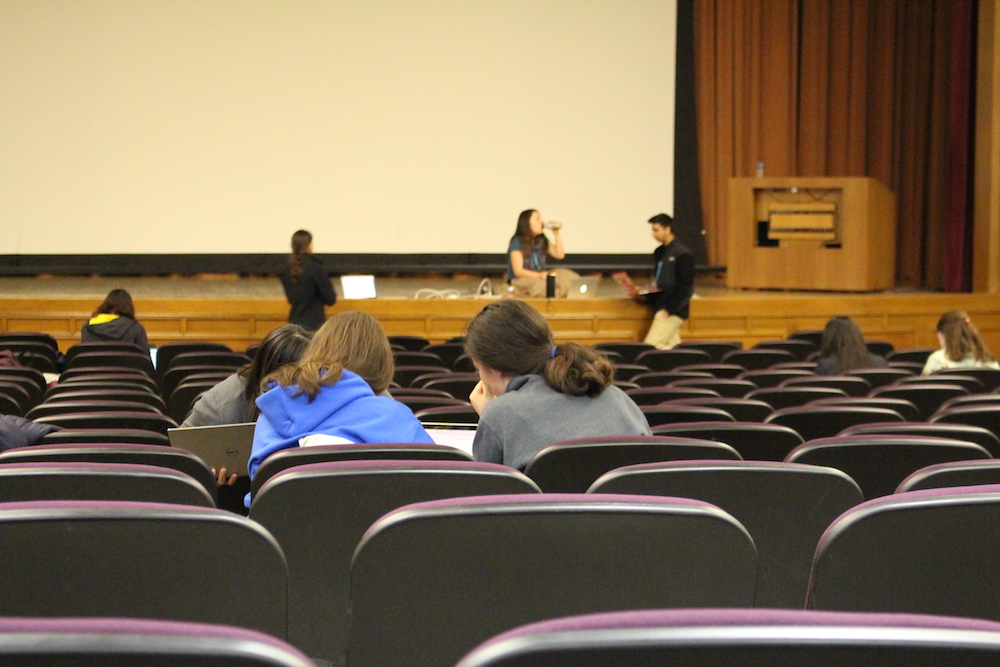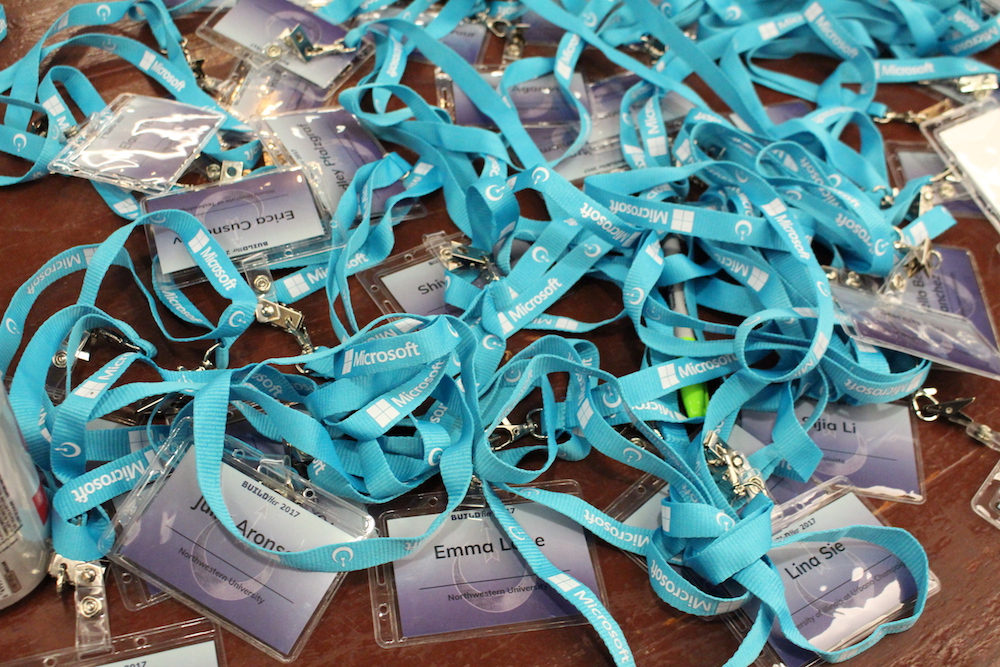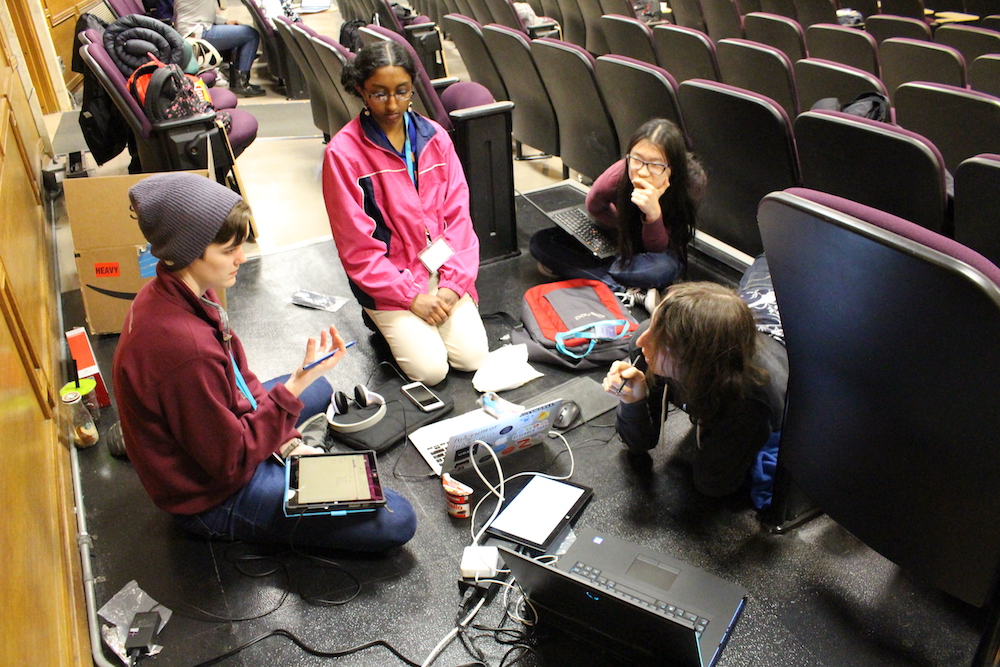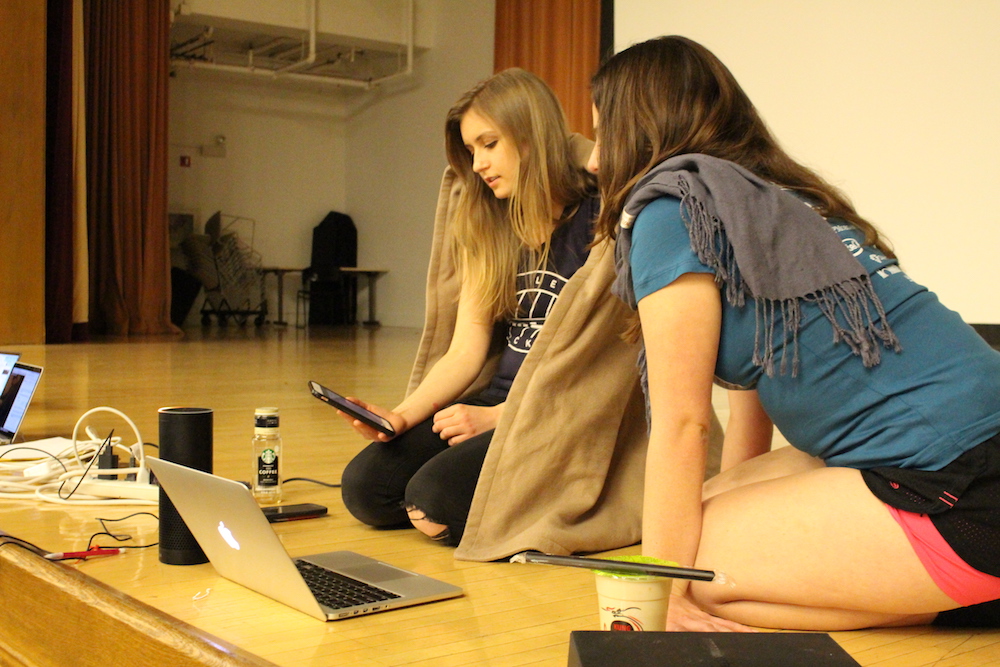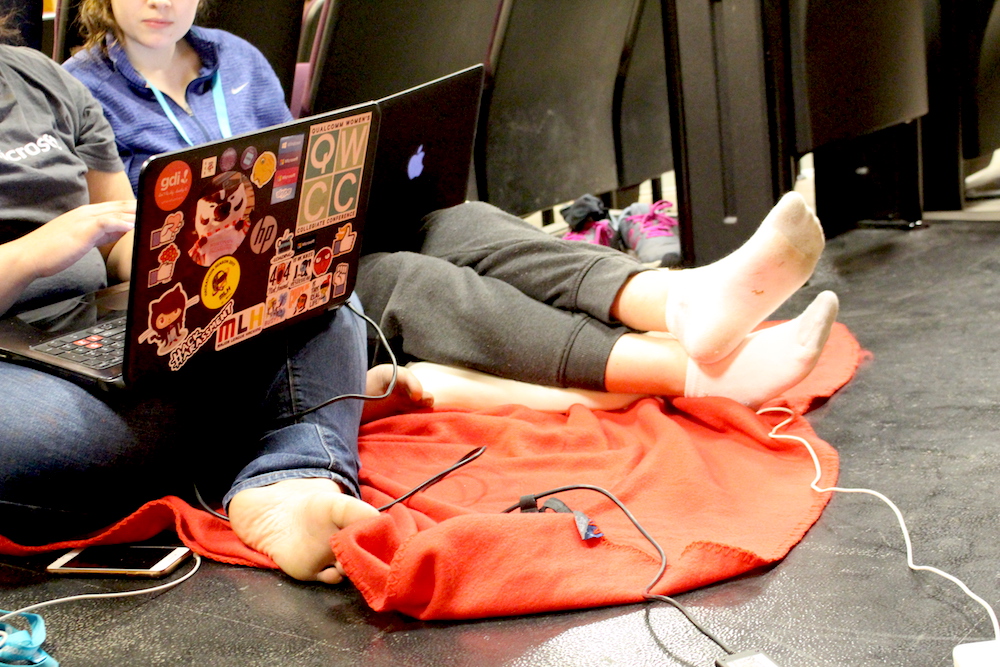On April 7th, approximately 100 computer programmers gathered in the Technological Institute Building for 24 hours straight to participate in Chicago’s first-ever student-run hackathon. Every single one of them was either female, transgender or nonbinary. The event, known as BuildHer Hackathon, was open to students in the Chicago area. Participants worked on their own coding projects or attended various workshops.
Weinberg senior Alaina Kafkes felt it was important to provide women a place to code.
“It's not that all men are evil,” Kafkes said. “But women in technology is a minority group, and having a women-only space allows women to feel like they’re not one in a kind in the room.”
Mrudula Vysyaraju, a junior studying computer science at the University of Illinois at Urbana Champaign, understood the need for women to have a comfortable space to program. At previous co-ed hackathons, Vysyaraju said she felt scrutinized by the other participants.
“I've felt people judged me or thought less of me as if I got here based on solely being a women,” she said. She also pointed out that, when women are able to code, they may design programs that men wouldn’t have thought of.
McCormick junior Allison Lu and her friends created a program called Power Walk for professional women who walk home from work. The program takes crime data from Chicago and plots it on Google Maps, allowing the user to see the dangerous parts of their route. Other programs created graphed the wage gap in various professions, tracked contractions in pregnant women, and synced strobe lights with music.
Above all, Kafkes wanted to give women a place to work on projects outside of school curriculum.
“That’s how you blossom, working on independent projects,” she said.
